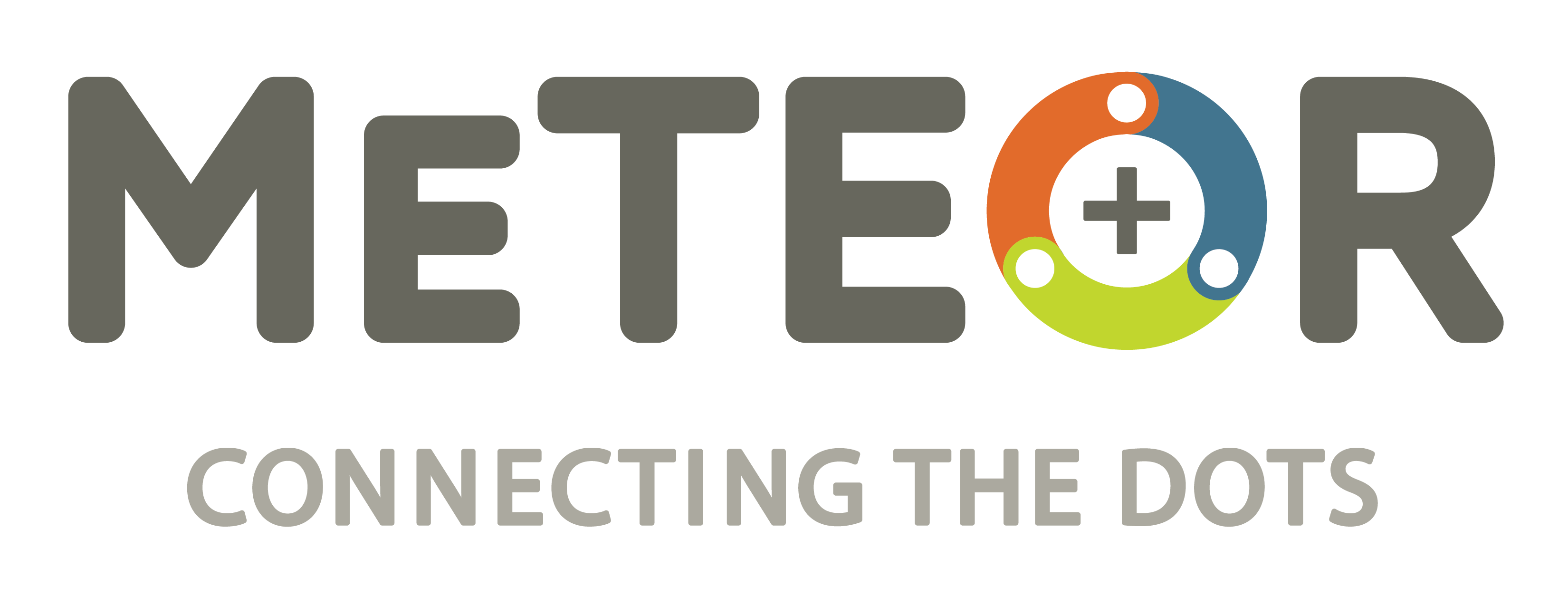With the shift to crisis teaching underway, self-care has become critically important. In our book, Whole: What Teachers Need to Help Students Thrive, we found that the key component to student success was a culture of caring for educators. Investing time and resources into support for their mental and emotional well-being led to a new narrative of success in schools. This approach has become essential at a time when teachers’ routines, relationships, and personal realities are suddenly in flux.
Of course, we need to begin any list of self-care tactics with “rest, hydrate, eat well, exercise.” Let’s leave those at the top and remind ourselves of them at the end. In between, when we’re feeling stressed to the max, here are five key steps to help educators manage their physical and emotional well-being.
Practices for Self-Care
Be aware of stress biology and the “amygdala hijack.” Understanding the neurobiology of strong emotions can help us to better manage them. The brain’s primitive system, the amygdala, can hijack our center of rational thinking. This activates the fight, flight, or freeze response. When triggered like this, we say or do things we normally wouldn’t do. But we can train our brains to note when this is happening. With that heightened awareness, we can choose to handle the crisis differently.
To read the full article click here.


